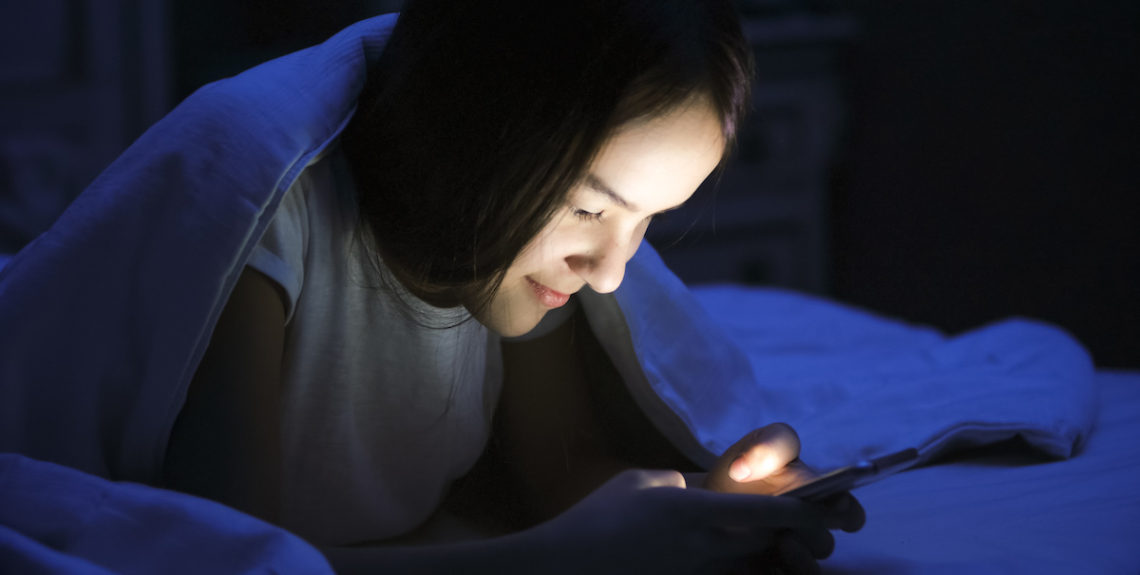
*The following is excerpted from an online article posted on MedicalXpress.
School kids who get to bed early rather than staring at their devices at night may be better equipped to control their behavior, a new study suggests.
Researchers found that 8- to 11-year-olds who got adequate sleep and had limits on “screen time” were less likely than their peers to report problems with impulsive behavior.
Impulsivity is generally described as a tendency to act without thinking, or an inability to wait for something you want. It’s a central problem in attention-deficit/hyperactivity disorder (ADHD).
Later in life, impulsivity may also make kids vulnerable to other problems, like substance abuse and other forms of addiction, said lead researcher Michelle Guerrero.
In general, the researchers found, kids were less likely to report impulsive behavior if they met recommendations for sleep and screen time. That meant nine to 11 hours of sleep each night and no more than two hours a day devoted to “recreational” screen time. (School work didn’t count.)
Why would screen time matter? Guerrero’s team points to one theory: Too much time on devices—which often demand immediate responses, whether on social media or in video games—may affect kids’ ability to self-regulate.
But the other issue, Guerrero said, may be what kids are not doing during those hours in front of a screen—like sleeping.
The findings, published online in Pediatrics, are based on over 4,500 Canadian kids aged 8 to 11.
In general, kids who fell short on sleep and spent too much time on screens had higher impulsivity scores. Exercise, on the other hand, did not show much of a connection.
While none of that proves cause and effect, both Guerrero and Gallagher said that parents can take away some practical messages. Guerrero suggested setting a time in the evening when devices have to be turned off—which should help kids get to sleep.
Source: MedicalXpress
https://medicalxpress.com/news/2019-08-screen-better-behaved-kids.html
Source: Home Word





